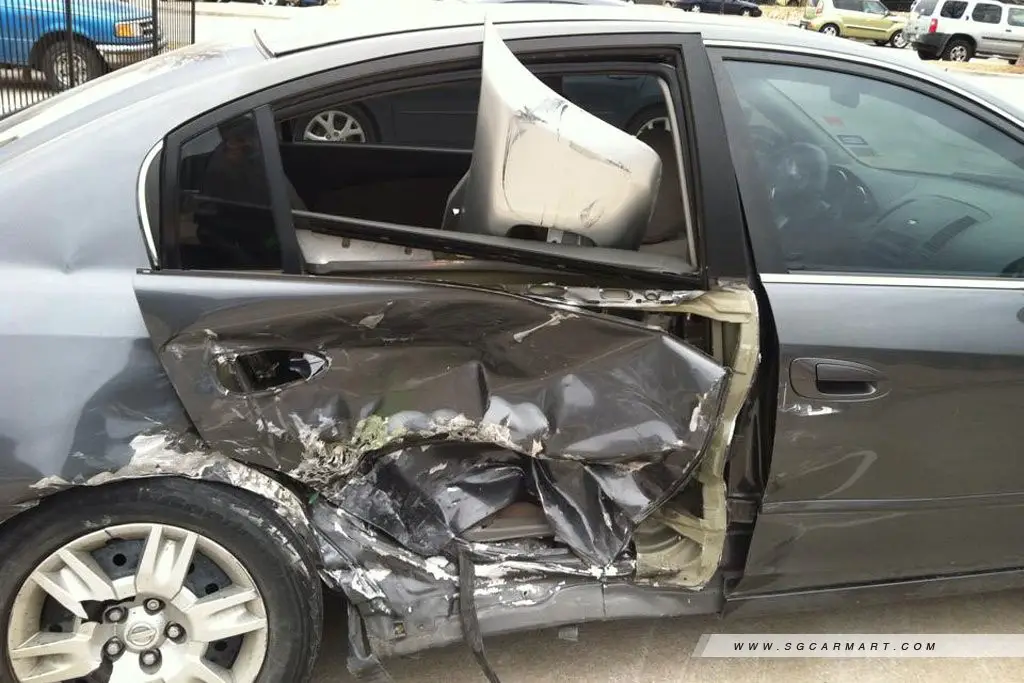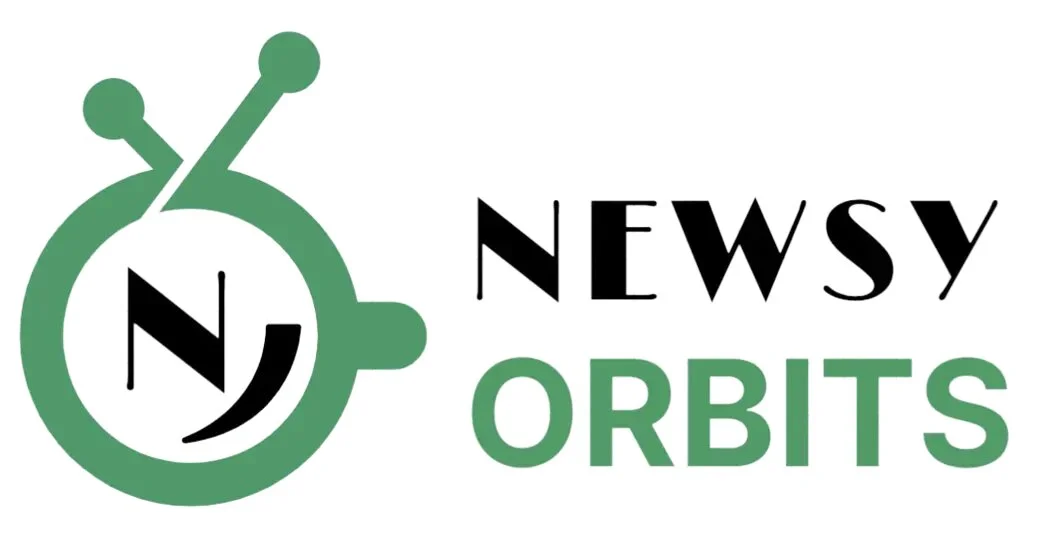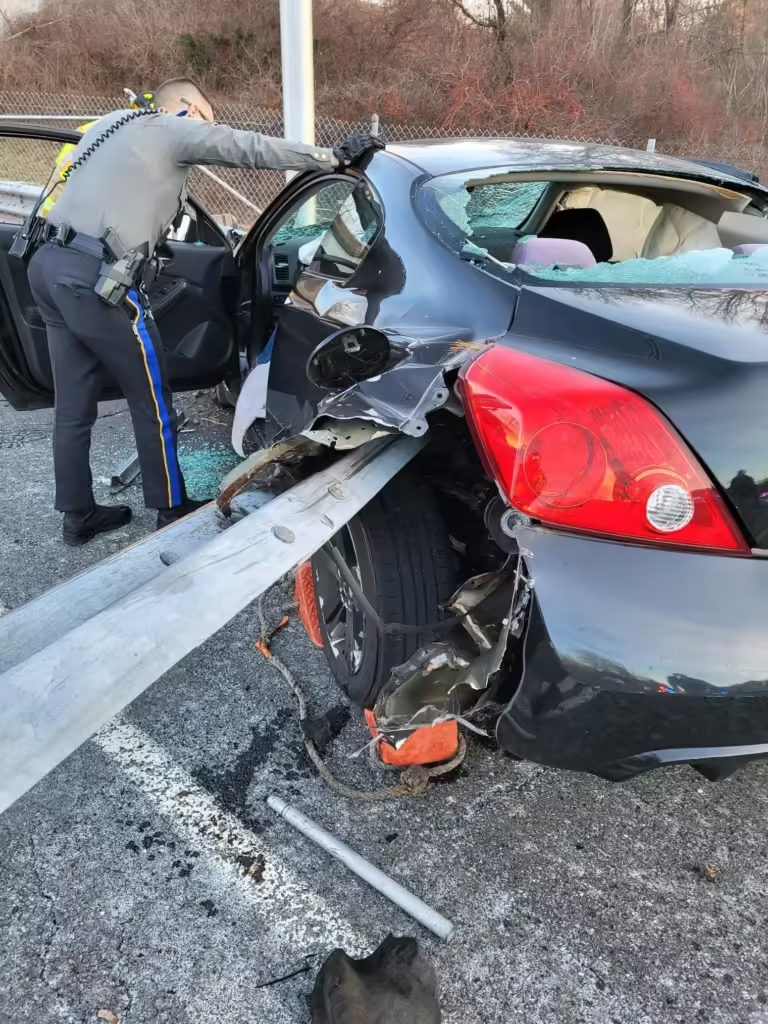Vehicle impact damage to a building can result in significant structural and cosmetic issues. Assessing the extent of the damage is crucial, and this should be done by a licensed contractor or a structural engineer. Their evaluation will determine if the building is safe to use or if an evacuation is necessary.
Insurance Claims and Coverage
If a vehicle owner causes the damage, the building owner may file a claim with the vehicle owner’s insurance. In cases of hit-and-run incidents or if the vehicle owner’s insurance is insufficient, the building owner can turn to their own dwelling/building insurance for coverage. Sometimes, repair costs may be shared between both insurance policies.
Common Issues and Preventive Measures
Vehicle impact damage is more common in areas with high vehicle traffic. In California, many buildings have wood frame structures that are not designed to withstand such impacts. To mitigate this risk, some buildings in high-traffic areas have additional posts or cement barriers installed as preventive measures.
Repair and Compliance
When repairing vehicle impact damage, it’s essential to hire a licensed contractor. During these repairs, code upgrades may also be required. Most insurance policies include code upgrade coverage or Ordinance and Law Coverage, which is particularly important for older buildings that may need to update damaged items to comply with current codes.
Assistance from Public Adjusters
A public adjuster can help policyholders navigate the insurance claims process and coordinate with other involved parties. Their expertise can be invaluable in ensuring that claims are handled properly and that repairs are carried out efficiently.

Top 10 FAQs About Vehicle Impact Damage to Buildings
- What should I do immediately after a vehicle impacts my building?
- Ensure everyone’s safety and evacuate the building if necessary. Contact emergency services and document the damage with photos. Notify your insurance company as soon as possible.
- Who is responsible for the repair costs after a vehicle impacts my building?
- The vehicle owner’s insurance is typically responsible. However, if it’s a hit-and-run or if their coverage is insufficient, your building insurance may cover the costs.
- Do I need a structural engineer to assess the damage?
- Yes, it’s important to have a licensed contractor or structural engineer evaluate the extent of the damage to ensure the building’s safety and structural integrity.
- Can I file a claim with both the vehicle owner’s and my own insurance?
- Yes, in some cases, repair costs can be shared between the vehicle owner’s insurance and your building insurance.
- What type of insurance covers vehicle impact damage to buildings?
- Dwelling/building insurance typically covers vehicle impact damage. Additionally, the vehicle owner’s liability insurance may also cover the damage.
- Are there preventive measures to protect buildings from vehicle impact?
- Yes, buildings in high-traffic areas can install additional posts or cement barriers to reduce the risk of vehicle impact damage.
- What happens if my building needs to comply with updated building codes during repairs?
- Most insurance policies have code upgrade coverage or Ordinance and Law Coverage, which helps cover the costs of updating damaged items to meet current codes.
- How can a public adjuster help with my claim?
- A public adjuster can assist you in managing the claims process, negotiating with the insurance company, and ensuring that all necessary repairs are covered.
- What is the typical process for repairing vehicle impact damage to a building?
- The process includes assessing the damage, filing insurance claims, obtaining necessary permits, and hiring a licensed contractor for repairs, which may also include code upgrades.
- Can I still get help if I’ve already filed a claim and received a settlement or denial?
- Yes, you can seek a free consultation to review your claim, even if you’ve already received a settlement or denial from your insurance company. A public adjuster or legal expert may help you pursue further action if needed.



